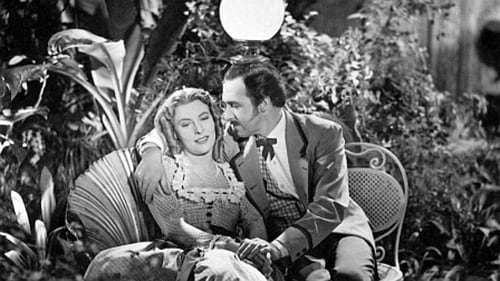
Screenplay

Screenplay
The rich and jung American Susanne falls in love with the Student Hans-Joachim. Set in the romantic Heidelberg.

Writer
A grieving husband tries to uncover the truth behind his wife's suicide, leading him to discover a tragic tale of infidelity and redemption.

Writer
A reckless young woman has her driving license withdrawn, drives home anyway and gets involved in a traffic accident. Realizing this was a little over the top she decides that she has to flee the country. As fate has it, she misses her train and instead meets a handsom young man who imidiately falls in love with her. This marks the beginning of a long night of misunderstandings, chases and courting.

Producer
A young German boy meets his hero, a famous flying ace, and dreams of becoming a pilot. However, his mother--whose husband was a fighter pilot killed in battle during World War I--does not want to lose her son, too, and tries to persuade him to abandon his dreams of flying.

Kurt

David Stone
Ellen Hobart is a gold-digging manicurist who sights her sights on David Stone, a wealthy young man. After they marry, Hobart is persuaded to accept $50,000 to give her husband up. She willingly goes along with this arrangement, only to realize she's genuinely in love with the boy when he falls dangerously ill. German-language version of the American pre-code film The Devil's Holiday.

Student
a music movie by Heinz Paul

Fahrendorf
Moritz Stiefel faces expulsion due to poor marks. When he is caught with an essay titled “Shame and Lust”, he is indeed kicked out – instead of classmate Melchior Gabor, who actually penned it. Gabor was drawing on his experiences with neighbourhood girl Wendla. Then Wendla turns up pregnant. Stiefel descends into despair ... Exploitation between Eros and Thanatos in this “sexual tragedy of youth” based on Frank Wedekind’s play. Setting the film in the 1920s provided a chance to explore “modern” youth culture, complete with cigarettes, jazz music, the gramophone, and a goodly bit of alcohol. Richard Oswald, a master of films of manners and young sex beginning in the 1910s, fully explores the temptations of the youthful body, even early childhood flirtatiousness. At the same time, with his target audience in mind, the film laments the bigotry and double standards of the adult world.





